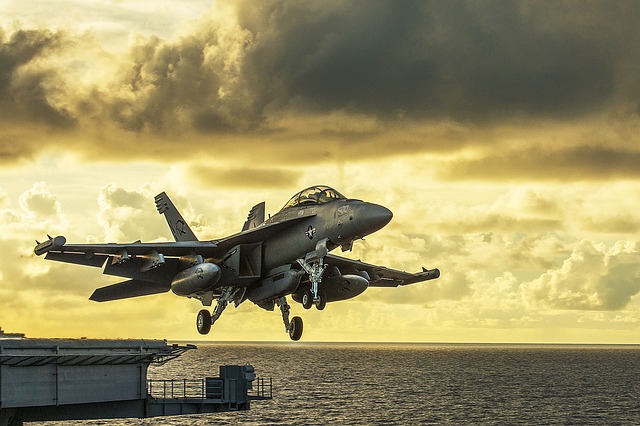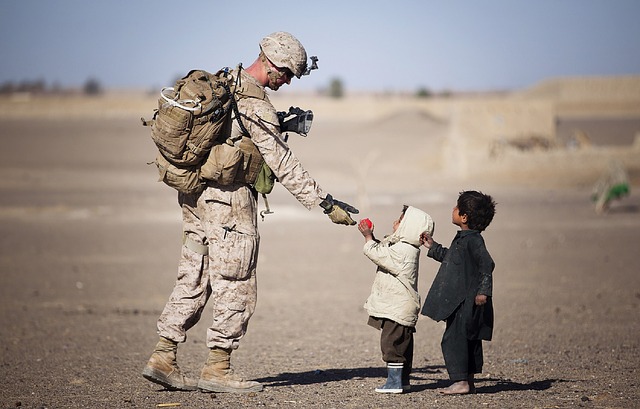What Military Vets bring to the MBA classroom
/The former Director of Admissions at Harvard Business School Dee Leopold would famously tell interviewees that admitting a class of MBA students is similar to building a salad. Each student is meant to add a certain flavor to the overall mix. For investment bankers, it is economic intuition and modeling skills for the finance classes. For consultants, it is the marketing and strategy frameworks for those classes. But what is the flavor that we military veterans are meant to add?
As military veterans seek to achieve the benefits of an elite business school – higher paying jobs, vibrant personal networks, a world-class education – this is an important question to ask. Schools like Harvard Business School, Stanford GSB, Chicago Booth, and Wharton, look for students who will bring voice to certain perspectives in the classroom. When you write your essay, it is important to convey a narrative that gives the admissions committee confidence in your ability to play the role that they have envisioned for you. So what do they look for in vets?
Leadership Experience
Unlike your peers, who at most have indirectly supervised a couple other consultants on a client site, military veterans have an incredible wealth of leadership experiences. Veterans lead many times more people, in diverse organizations, in some of the highest-stress environments in the world. As you write your application, your resume should shout your leadership experience from the rooftops.
Socio-Economic Diversity
Many students at elite schools like Harvard Business School, Stanford Graduate School of Business, Chicago Booth, and Wharton come from elite private universities and have generally spent their entire working careers working with those who have done the same. Very few will interact at length with anyone who has not gone to college. In contrast, the military is an incredible melting pot of class. Officers from Dartmouth, UVA, and Notre Dame work side by side with those who dream of completing a degree online from Central Texas University, University of Phoenix, or University of Maryland University College. This experience often gives Veterans higher Emotional Quotients and the “common touch” needed to interact with people who are very different from themselves. That’s a valuable part of diversity that would likely be nowhere else in evidence at prestigious MBA campuses.
Large-Organization Outlook
Start-ups are “in”, but the fact of the matter is that it is always easier to go from a big company to a smaller one. Ex-military service members excel at big companies like Exxon, General Electric, and Eli Lilly, because they how to navigate large organizations. After all, with 3.1 million service members, there is no bigger American employer than the US Military. The ability to navigate complex power dynamics, advance causes through bureaucracies, and motivate subordinates are all topics that will be central to your MBA leadership classes, giving Vets a lot to contribute in them.
International Exposure
One of the key issues students grapple with in business school is how to lead global teams that cross different time zones, work styles, functions, and cultures. While pretty much everyone in business school has traveled to other countries, few have substantial work experience in more than one country. Here again, military members often have an advantage, and can speak to the practical complexities that come with such work.
Geopolitical Perspective
When it comes to classes that involve government or foreign policy, often the rest of the class will instinctively turn to hear the perspectives of its Veterans. In addition to having the credibility that comes from wearing the uniform of your country, military leaders are trained early to have a global perspective – to look for geopolitical crises may arise and train to meet those challenges. Many other classmates on the other hand have spent little time thinking about issues outside their teams, firms, or industries.













